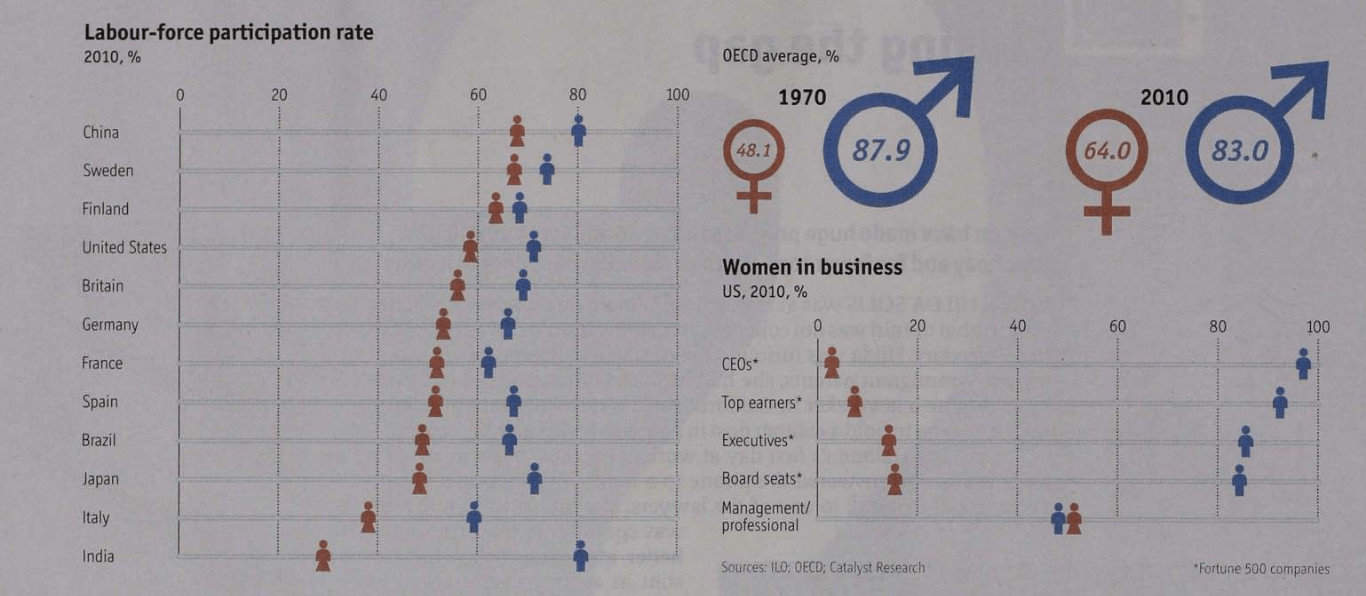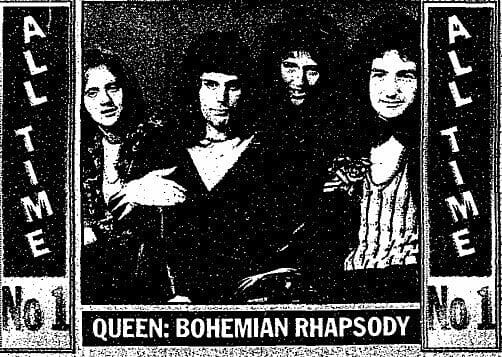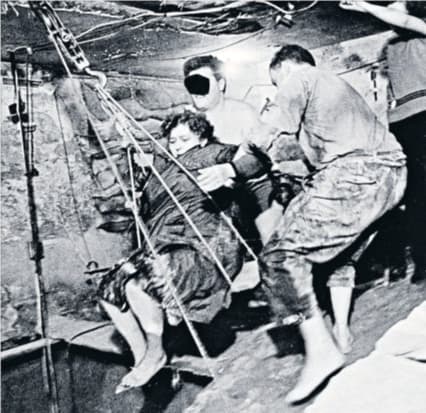| By Emily Priest, Gale Ambassador at the University of Portsmouth |
On December 1st, 64 years ago, one simple word sparked a civil rights movement we will never forget: “No”. So began one woman’s fight against oppression in America, and her name was Rosa Parks. A tired seamstress on her way home from work, Rosa unknowingly became “the mother of the civil rights movement” by refusing to give up her seat to a white man. Using Gale’s Historic Newspapers, and other digital archives, it is possible to travel back to this moment and, through the lens of primary sources, fully appreciate the bravery of her protest and the impact of the waves it sent out across America. On this important anniversary in human history, let’s take a moment to remember Rosa, celebrate her achievements and reflect on our past, in hope of a better future.










